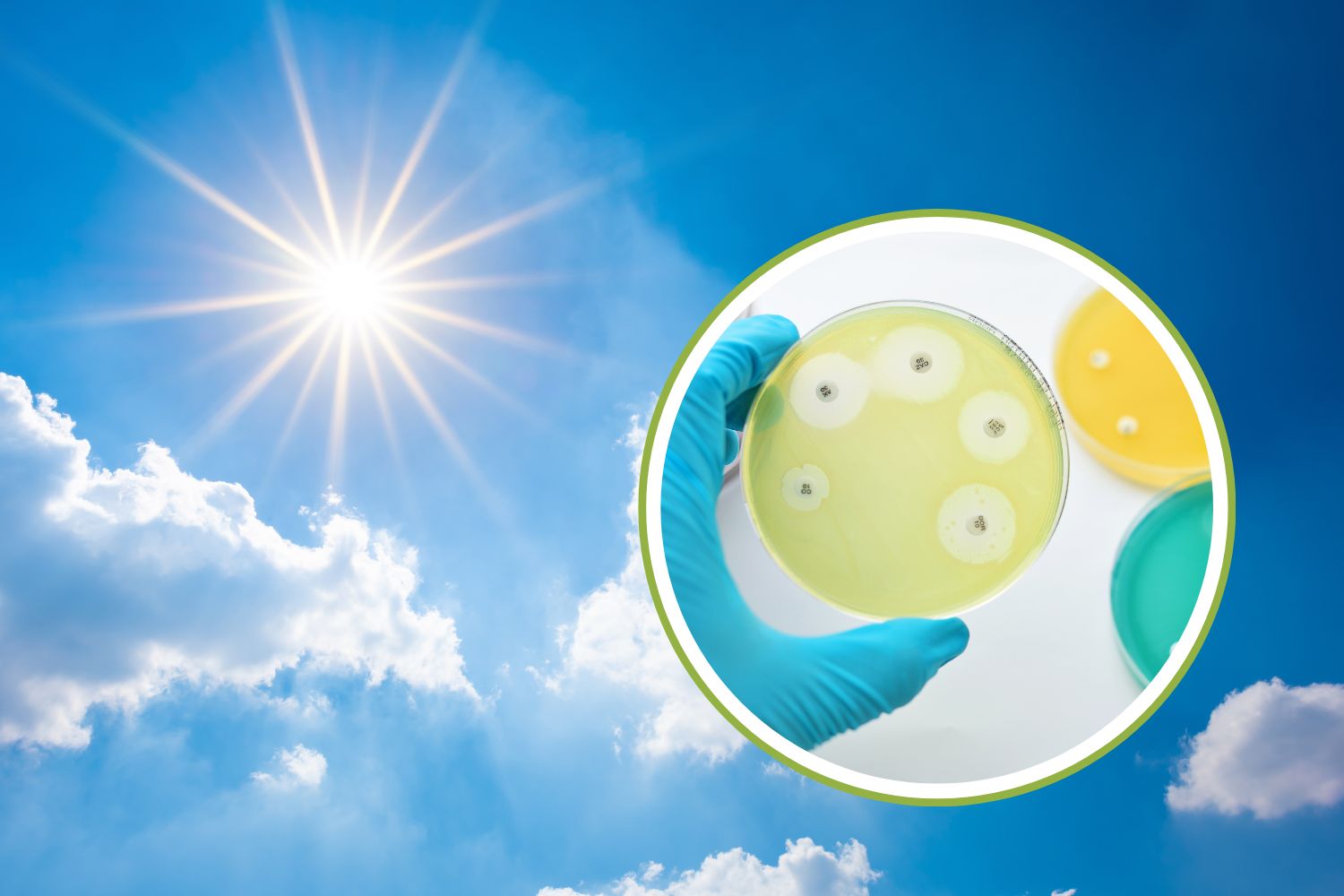Sunlight, as little as 20 minutes a day, triggers the production of vitamin D, a crucial element for immune function. Yet, many people lack sufficient levels, making supplementation or sunlight exposure necessary.

Just a few minutes each day.A walk, a moment spent outdoors, your face turned towards the light. As little as 20 minutes of sun exposure can trigger a valuable mechanism: the production of vitamin D, a remarkable molecule that our body naturally synthesizes, which has a deep impact on the immune system.
We’re not just talking about improving mood here. Sun exposure encourages the synthesis of this vitamin-hormone which, once activated, stimulates the production of antimicrobial peptides like cathelicidin. These molecules are capable of destroying viruses, bacteria, and fungi. It’s a quiet yet powerful process happening in our bodies when we nourish them with natural light.
It’s as though the sun activates an internal “medicine”: vitamin D is indeed one of the most ancient and versatile weapons in our innate immunity arsenal.
Vitamin d: a “pro-survival” molecule
A review published in 2017 in the scientific journal Clinical Therapeutics confirms what we already knew—and perhaps underestimated—about vitamin D. The paper, authored by Salvatore Chirumbolo, Geir Bjørklund, Andrea Sboarina, and Antonio Vella, highlights how vitamin D acts as a “pro-survival” molecule. This means it’s essential for cellular survival and the regulation of the immune system. Not only does it reduce inflammation, but it also helps the body respond effectively and quickly to infections, supporting the processes of pathogen elimination and the restoration of internal balance.
The authors explain that vitamin D’s actions go far beyond bone health: it’s involved in regulating autophagy, managing oxidative stress, and protecting cellular DNA. Think of it as a silent director working behind the scenes to keep us healthy.
According to the review, this molecule—naturally activated by sunlight—could be considered an “ancient hormone” selected by evolution precisely for its ability to maintain immune function balance and respond to external danger signals, such as infections or toxins.
Insufficient sunlight for everyone
But there’s a problem: many people today have insufficient levels of vitamin D. Despite living in a sunny country, during the winter months or in cases of predominantly indoor lifestyles, the body’s endogenous production of this vitamin can be inadequate.
Vitamin D deficiency, experts explain, is silent but dangerous: it weakens natural defenses, increases systemic inflammation, and can contribute to the onset of chronic diseases.
In such cases, supplementation may become necessary, but always under medical supervision. A simple blood test can clarify whether levels are adequate or if intervention with a supplement is needed, particularly during months when the sun is less intense and the days are shorter.
However, for many of us, a good daily habit can make a difference: exposing your face, arms, or legs to sunlight for at least 15–20 minutes a day—without sunscreen during non-critical hours—is a simple and free act that can boost your defenses, stimulate cathelicidin production, and contribute to overall well-being.
Source: Clinical Therapeutics
